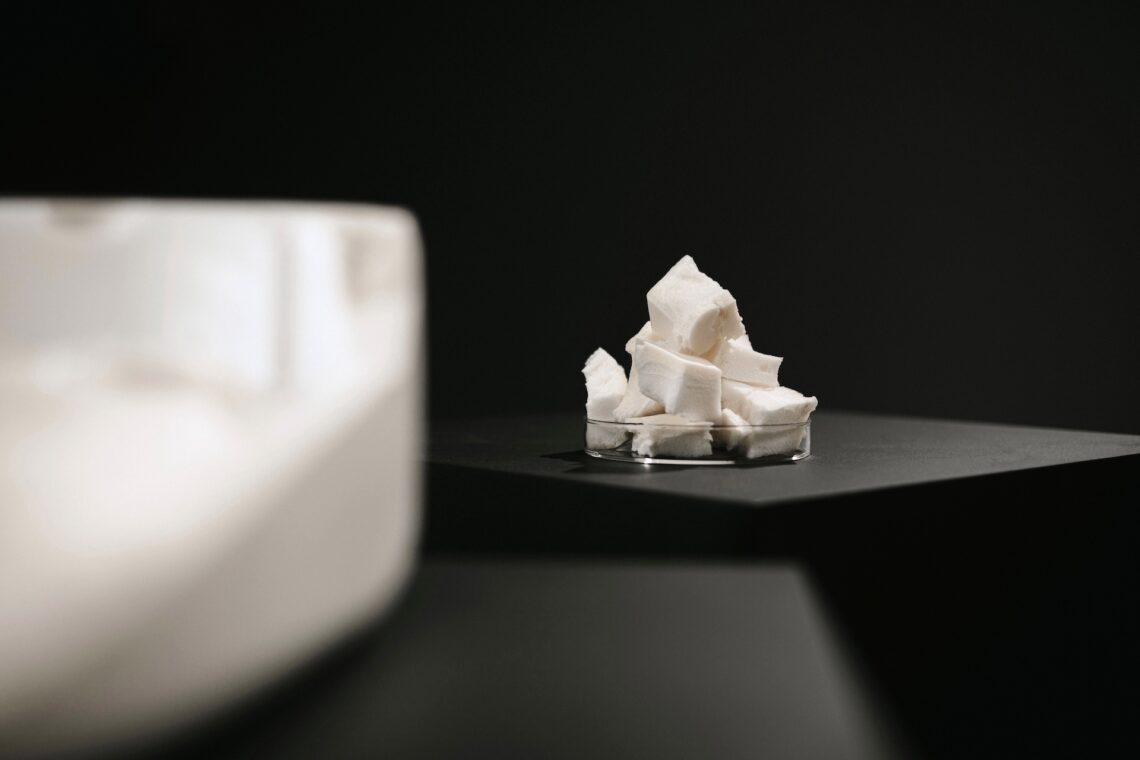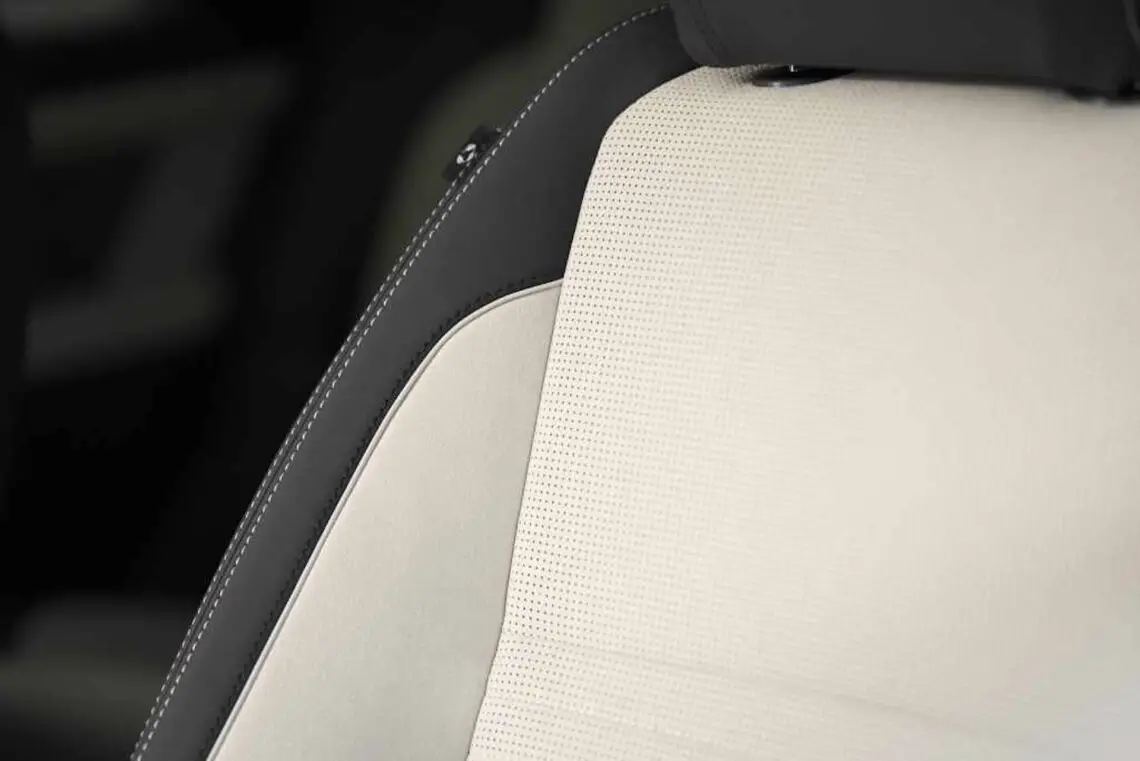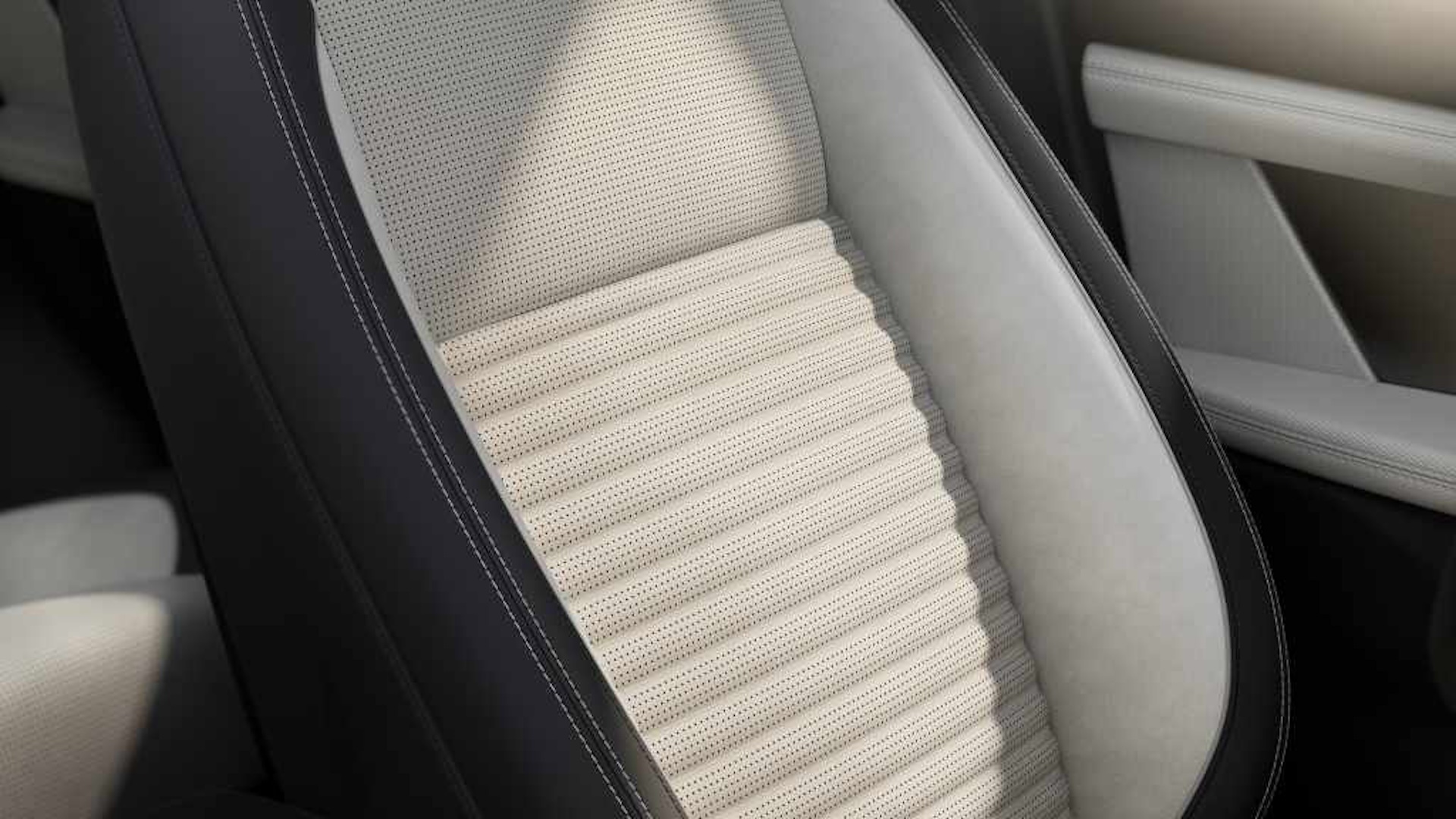Jaguar Land Rover cracks the code: recycled seat foam
Polyurethane foam difficult to recycle
Polyurethane foam is difficult to recycle because it is made to last. This often leads to disposal as waste. This material can remain in the environment for generations. By creating a closed-loop system, JLR reduces emissions, limits waste and ensures a steady supply of low-carbon chair foam.
New ‘circular chair’
The recycled foam is part of a new “circular chair,” which is estimated to halve its CO2 equivalent (CO2e) impact. More than 44 kg of CO2 is avoided per chair, comparable to charging nearly 3,000 smartphones.

Innovation from JLR’s Circularity Lab.
The breakthrough is the result of research and testing at the JLR Circularity Lab in Gaydon, which focuses on waste reduction and improved recyclability of luxury cars. Traditionally, cars have been designed without much consideration for ease of disassembly or separation of materials at the end of their useful life. The use of mixed materials, adhesives and complex fastening methods makes recycling and reuse difficult.
‘Learning by doing’ approach
The Circularity Lab addresses these challenges by bringing together multidisciplinary teams in sustainability, engineering, procurement and design. Using a practical “learning by doing” approach, they disassemble cars and work closely with suppliers and material specialists to overcome barriers to reuse and recycling.
Data and concrete results
Insights from the Circularity Lab are applied directly to the development and testing phases of new cars. Materials such as glass, steel, aluminum and polymers are tested for reuse in new production lines while maintaining the same high quality standards.
One example is the redesigned front bumper. Reducing the number of polymers will save 177,500 kg of CO2e per model series, along with a cost savings of £560,000. This approach will allow JLR to introduce lower-carbon bumpers on new models next year.
JLR previously achieved success with an award-winning project that recycled aluminum waste from production into new body parts. This required the development of a new aluminum grade, made possible through intensive collaboration within the supply chain.

Part of the Reimagine strategy
The Circularity Lab supports JLR’s Reimagine strategy, which aims to set new standards in environmental and social impact. A circular economy, where waste is reduced or prevented and materials are reused over and over again, is central to this vision.
A partner of the Ellen MacArthur Foundation since 2023, JLR applies principles of a circular economy in all aspects of its operations. This includes industrial transformation, such as the refurbishment and redeployment of thousands of equipment components to optimize energy efficiency and reduce CO2e impacts for a future with all-electric models.

